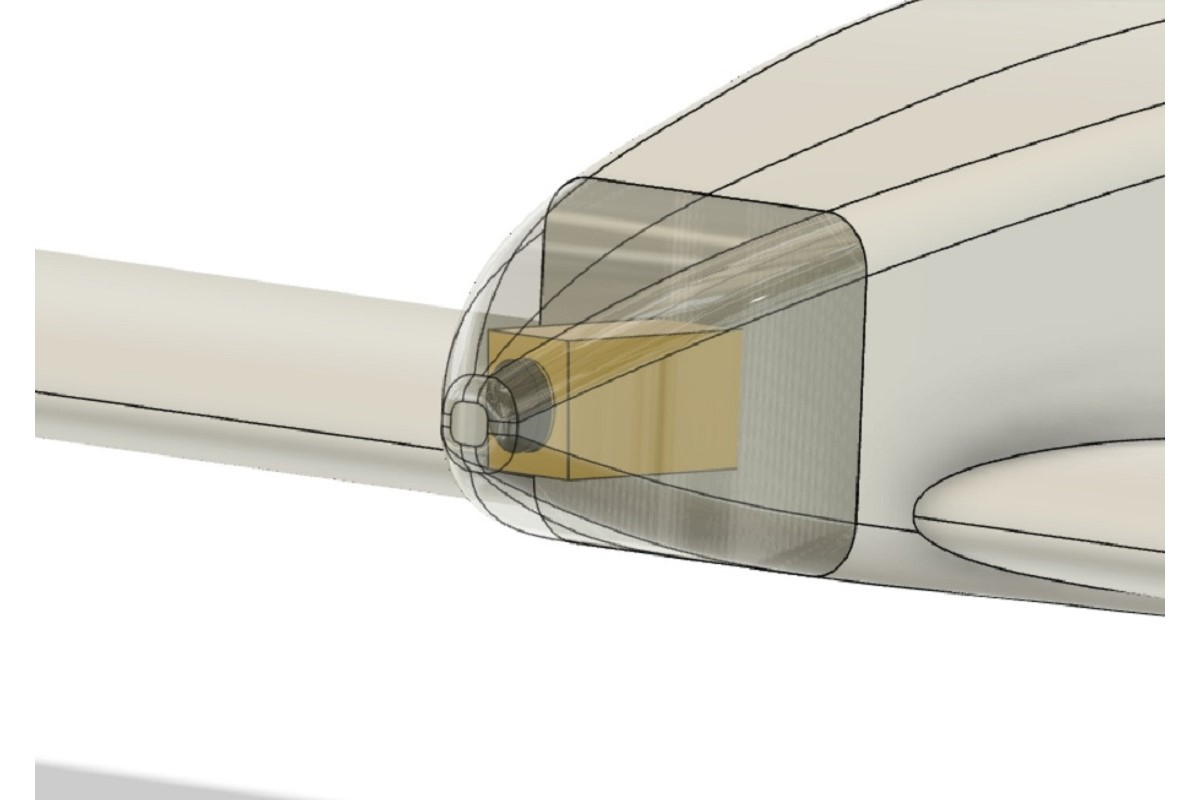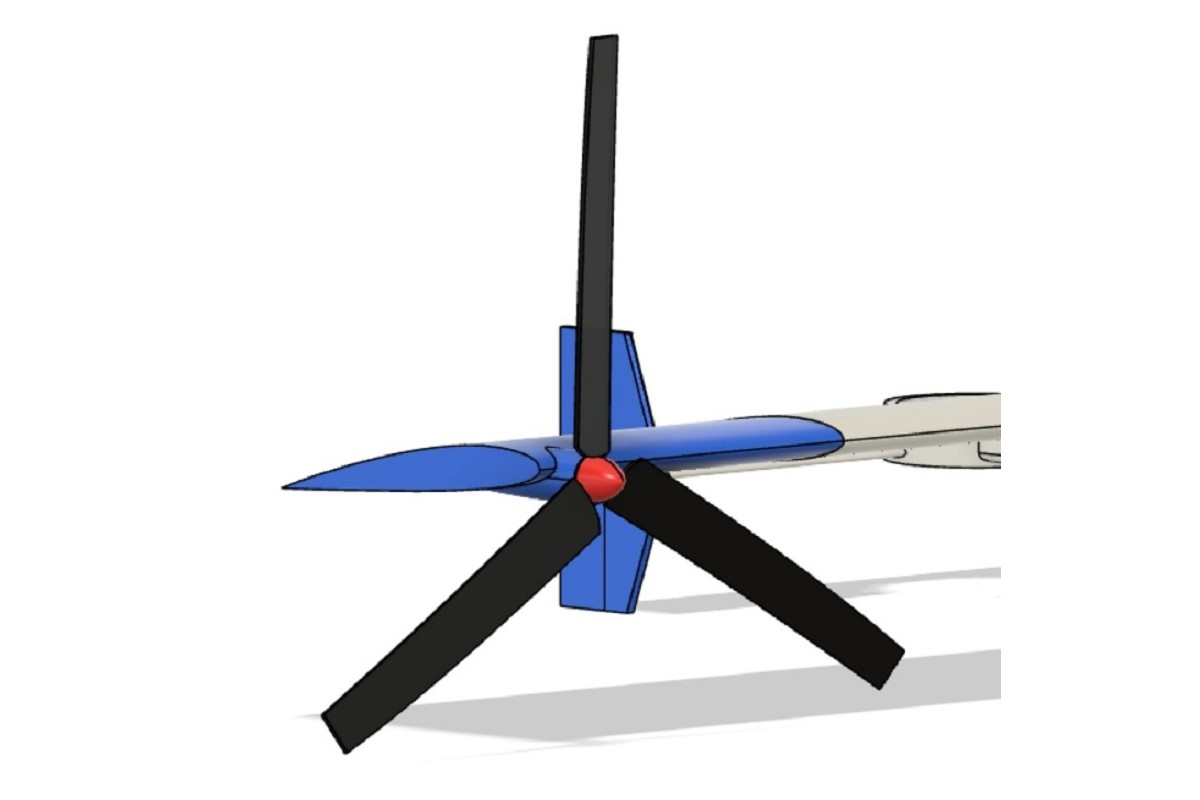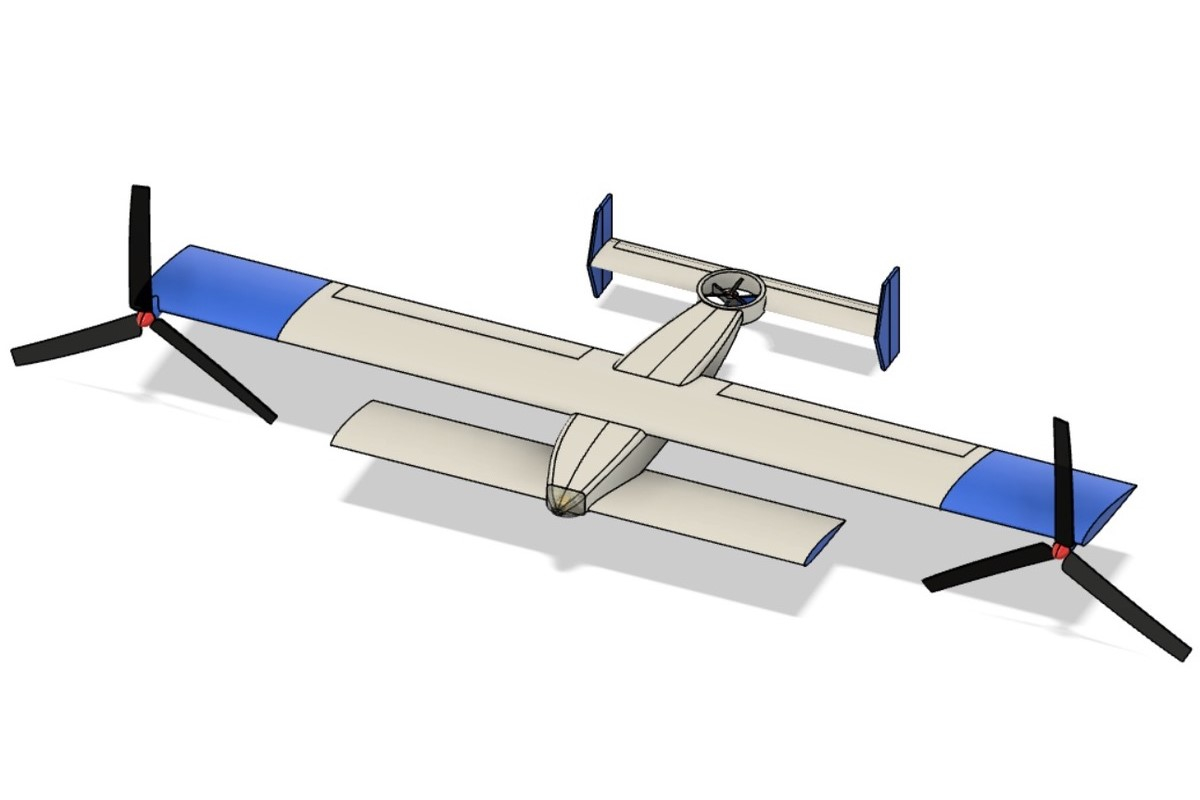St Petersburg University students design a modular platform based on a pilotless convertiplane
A project entitled "A Modular Platform Based on a Convertiplane" was presented at the finals of the SPbU Start-up 2022 contest. This device will help to change the configuration of an aircraft directly in flight, depending on the purpose — whether it be geological exploration or the delivery of cargo. Sometime during the next few days, the students plan to present a simulated convertiplane and by November, to create a full-fledged developmental prototype, which will be a worthy substitute for imported copters and rigid-wing drones.
The design features
One of the main features of the project is that the convertiplane is being developed as an unmanned aerial vehicle. In addition, the modular platform on the convertiplane makes it easy to integrate a customer’s modules into the system of the convertiplane by modifying its behaviour or sending the data collected by the module to the ground. This makes it possible, when provided with the right module, to adapt the device to different tasks literally in the field.
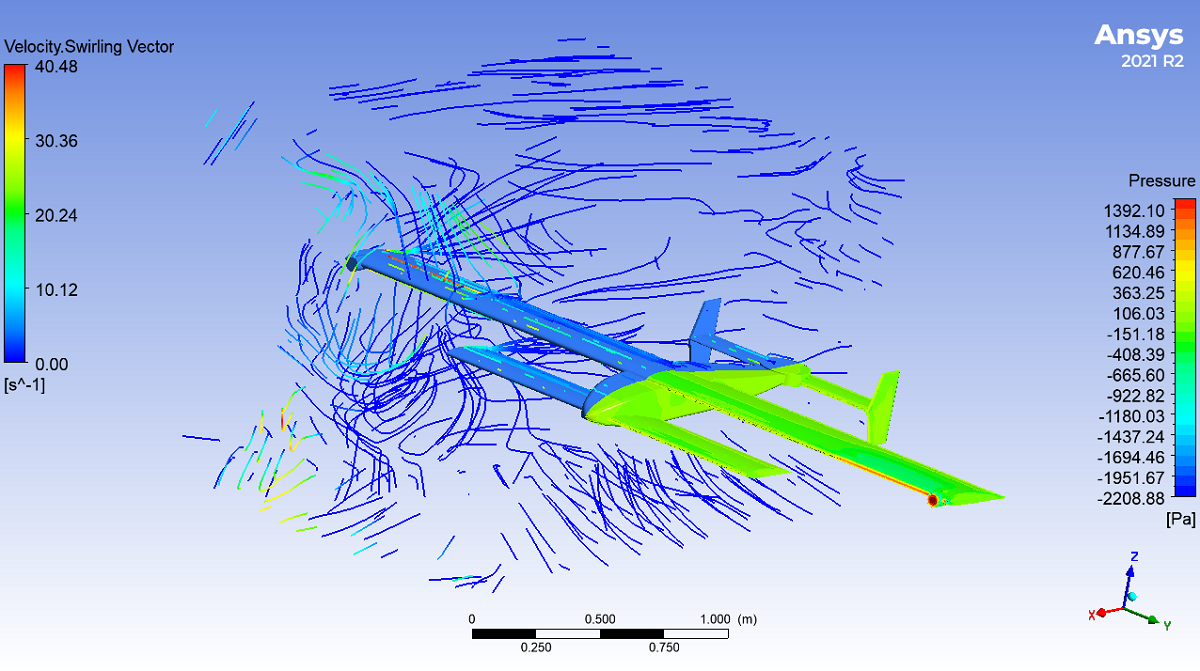
The modular platform is expected to include software consisting of an autopilot module, a spatial orientation module, a communication module, and gateways for connecting external custom modules. This will make it possible to change the functionality of the aircraft according to the specific tasks of the user.
The convertiplane is an airborne vehicle that operates predominantly like an airplane, but its main rotors can rotate around the longitudinal axis. When the rotors are in the horizontal position, it behaves like an airplane and in the vertical position, like a copter. The range of tasks that the convertiplane can perform is rather broad: from aerial photography, or search and monitoring tasks for emergency services to geo-prospecting and cargo delivery.
It often happens that a user needs to perform a range of tasks, some of which cannot be combined in a single flight. For example, you cannot put a magnetometer that captures magnetic anomalies (they may be used to indicate ore deposits), together with some device emitting a magnetic field, since the magnetometer’s readings will be unreliable. In such cases, you need to change the configuration of the unmanned aerial vehicle directly in the field. This is the express purpose of the modular platform.
How the idea of the project came about
‘The original idea behind the project was simply to come up with a convertiplane because in and of itself a convertiplane is really cool! This is an idea that’s almost nowhere to be found on the market, but it looks very promising,’ said team captain Vsevolod Kabrits, who is a physics student.
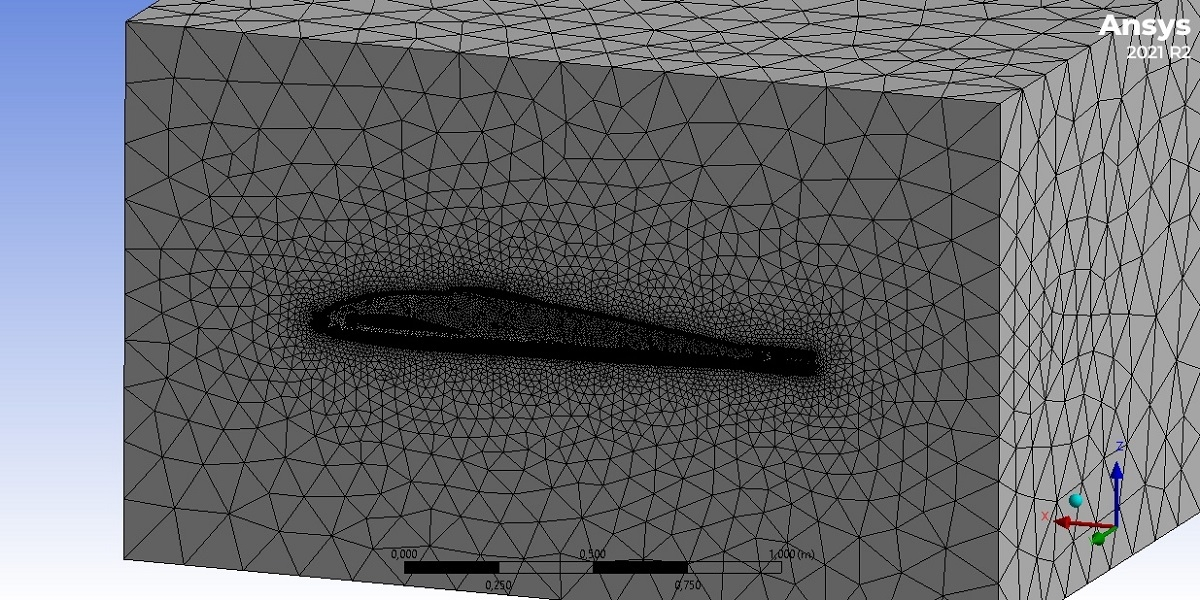
After they had spoken with some geophysicists, the students realised that such a device is exactly what is needed for magnetic mapping in the mountains, since convertiplanes are used in conditions of challenging terrain: in mountainous areas, which are of most interest for the geo-prospecting of minerals, and in forests and swamps, where it is not possible to build an airstrip. The team later came to the conclusion that they needed to come up with something modular, so that, in the long term, it would be possible to expand the list of customers.
Customers and supplies
The team already has its first cooperation agreements with the Research Centre of Applied Geophysics "VIRG—Rudgeofizika". ‘We are working on trying to find other potential customers,’ said Vsevolod Kabrits, the captain of the team. The students have also conducted an analysis of the offshore and Russian markets and have yet to find anything even remotely similar to their solution at an acceptable price.
The SPbU Start-up contest has been held at the University since 2016. This year, the teams representing the most science-intensive and commercially promising business models received cash prizes from the St Petersburg University Endowment Fund in the amount of 350,000 roubles for first place and 250,000 rubles for second place (Two teams win the SPbU Start-up contest).
The authors of the project had expected that the current political situation would make it difficult to purchase components, but, as the contestants note, there are quite a few Russian distributors that are working with China, where there are still no problems with finding the materials and electronics that they need. In the future, the team is going to arrange for supplies to come directly from China.
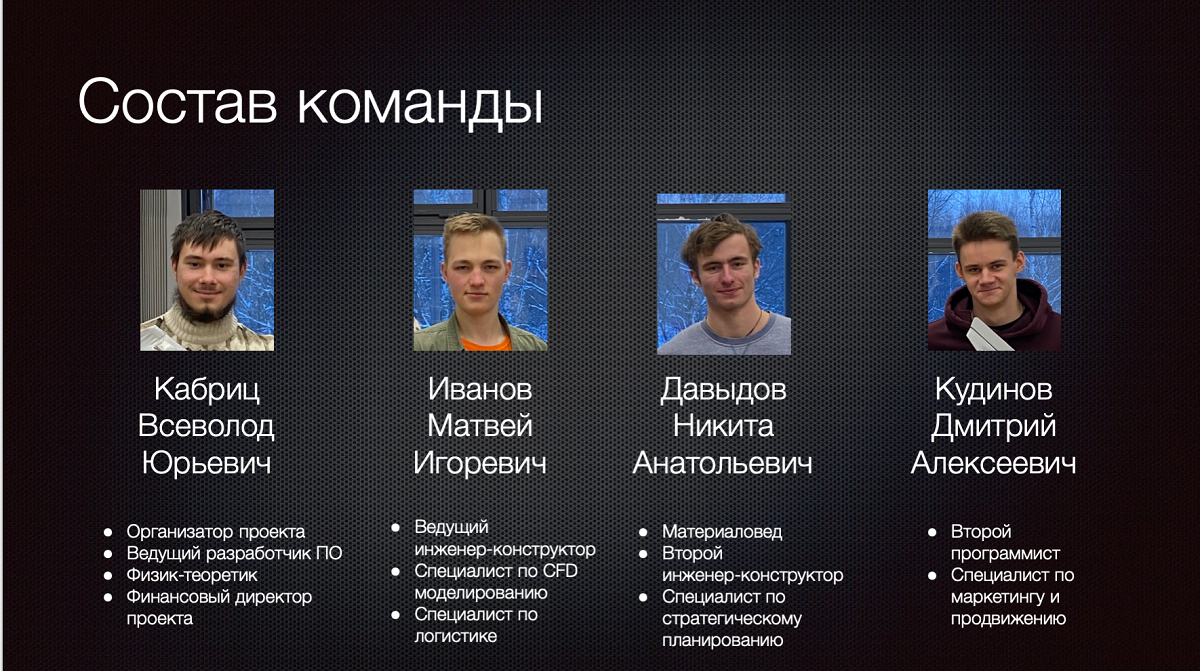
The Start-up team is composed of four second-year students. Two of them are programmers: Vsevolod Kabrits, who doubles as the team captain and is enrolled in the Physics programme, and Dmitrii Kudinov, who is a student in the Engineering-Oriented Physics programme. There are also two design engineers in the team: Matvei Ivanov, a student in the Engineering-Oriented Physics programme; and Nikita Davydov, a student in the Chemistry programme.


